As long as I can remember, successive generations have clamped down on free expression under the pretext of protecting children. The Online Safety Act, which was passed into law by the Conservatives but went into effect under the Labour government, is the latest attempt to limit what people can freely do online. It imposes substantial fines and potential criminal charges on companies that fail to implement age verification mechanisms and submit extensive compliance paperwork as needed by the Act to prevent children from accessing ‘harmful’ content.
Although the Act claims to shield children from viewing adult content like pornography and material that promotes suicide and self-harm, the subjective nature of the restrictions has led to vast swathes of content being effectively censored, even removed, from the internet.
Consequently, this legislation has suppressed legitimate political debate. It was flagged as ‘harmful content’ on X when a video of Conservative MP Katie Lam discussing the crimes committed by grooming gangs was age-gated.
When drafting legislation, words must have a clear meaning. In the context of conversation, ‘harmful’ has no objective referent; thus your definition will differ from mine. So where does the use of this subjective term come from? It was under Margaret Thatcher, that bastion of Hayekian liberty lionised by neoliberals, that the first hate speech legislation was passed. Section 5 of the Public Order Act 1986 prohibits ‘abusive or insulting’ speech that is likely to cause ‘harassment, alarm or distress’. Under the Act, thousands of under-18s were charged between 2001 and 2003. (A 2014 amendment removed the word ‘insulting’ from the Act.)
Towards the end of the last century, the United States experienced an early manifestation of the culture wars, one distinguished by an unusual element: bipartisan consensus in Washington. Across political lines, politicians and public figures jointly voiced their criticism of ‘controversial’ music. In 1992, Republican Vice President Dan Quayle notably denounced Tupac’s debut album 2Pacalypse Now, branding it a ‘disgrace to American music’ and urging the record label to remove it from store shelves.
In 1985, meanwhile, prominent Democratic figure Mary ‘Tipper’ Gore had co-founded the Parents Music Resource Center to address explicit lyrics she believed could corrupt the nation’s youth. As the wife of then-Senator (and later Vice President) Al Gore, she used her considerable political power to lobby Congress to require the music industry to identify offensive albums with a warning sticker—a precursor to the ‘trigger warning’ we now see on classic movies.
Far from silencing controversial voices, such censure had the opposite effect. For example, Ice Cube’s 1990 record AmeriKKKa’s Most Wanted sold in excess of a million copies. Hip hop artists embraced controversy. While other genres pushed boundaries, hip hop’s brutal, unflinching social commentary found a new audience. As Dr. Dre once said, ‘You are about to witness the strength of street knowledge’. The controversial lyrics brought the raw, uncompromising reality of urban America to the mainstream. Ice T’s 1992 song ‘Cop Killer’ drew attention to police brutality in the aftermath of Rodney King’s murder and N.W.A’s 1989 track ‘Fuck Tha Police’ sparked a nationwide debate on policing practices vis-à-vis the black community. ‘Cop Killer’ was criticised by George H. W. Bush and Quayle, and the Combined Law Enforcement Associations of Texas urged a boycott against the label which released it, while ‘Fuck tha Police’ actually gained the attention of the FBI. This was the golden age of socially aware hip hop, as pioneered by the group Public Enemy (formed in 1985) and pushed even further by political artists such as Immortal Technique.
It was also the pre-social media age. A parental advisory sticker, while infantilising, pales in comparison to the swift judgement of a judicial hive mind. Artists then, liberated from the constraints of censorship, could pursue their creative visions with boldness, daring to be provocative and controversial without fear of reprisal. Meanwhile, in the UK, a different cultural form was under threat from another, equally overbearing Mary.
The conservative Christian Mary Whitehouse’s growing influence with members of the Thatcher government resulted in the passing of the 1984 Video Recordings Act (VRA). The VRA made it illegal to distribute or sell videos that were not certificated by the British Board of Film Classification. Between 1995 and 2007, 1,659 people were convicted under the Act. The VRA had a profound impact on the home video rental market. Many great horror films were suddenly removed from circulation, including Sam Raimi’s The Evil Dead (1981), which was binned by video rental stores nationwide. Another notorious example is Wes Craven’s The Last House On The Left (1972): refused a cinema certificate in 1974, the uncut film was not classified for home release until 2008—34 years later.
In an attempt to calm the moral panic over ‘video nasties’, the Director of Public Prosecutions issued a list of 72 films that they arbitrarily determined were too obscene to watch. An additional 82 titles were added to the list for a less serious ‘Section 3’ charge. The attempt to ban ‘video nasties’ encountered the usual problem that occurs whenever you bring to attention something you want to ban: the law of unintended consequences. The second-order effect of this widespread attack on free expression prompted me to seek out other horror nerds and swap video cassettes. Thanks to Mary Whitehouse, I discovered an incredible new world! (Likewise, ‘banned books’ lists usually make for good reading lists.)
I understand why the state wants to protect minors from pornography. But it is not as simple as it seems. The free market dictates that sexual neoliberalism cannot even be controlled, let alone regulated. I loathe pornography, but you cannot simply regulate it out of existence. It is impossible to rid the online world of sexualised content, nor can minors be protected from such vile and degrading acts. That is simply the nature of the internet.
The Online Safety Act, while aiming to address illegal activities like child sexual abuse and terrorism—already covered by existing laws—raises serious concerns due to its inclusion of vague and imprecise terms such as ‘inciting violence’ and ‘religiously aggravated public order offences’. It serves as a Trojan horse: a censor’s charter under the guise of moral righteousness. Not to mention that it has a remit so broad it’s like using a nuclear bomb to crack a walnut.
So whenever someone tries to justify censorship with the hackneyed old phrase ‘But think of the children!’, it would be wise to pause for thought.
Related reading
The return of non-crime hate incidents: tyranny back on the march, by Noel Yaxley
Is the spirit of liberty dead in Scotland? by Noel Yaxley
The return of blasphemy in Ireland, by Noel Yaxley
From the archive: the case for free speech and against anti-prejudice legislation, by David Harold Tribe
What’s Happened to Free Speech? Musings of a Troubled Freethinker, by Bob Forder
From Satan to the Hate Monster, by Emma Park
‘The best way to combat bad speech is with good speech’ – interview with Maryam Namazie, by Emma Park
Islam and free speech, 20 years on from Jyllands-Posten: interview with Jacob Mchangama, by Daniel James Sharp
A victory for free speech: the Hamit Coskun ruling, by Stephen Evans


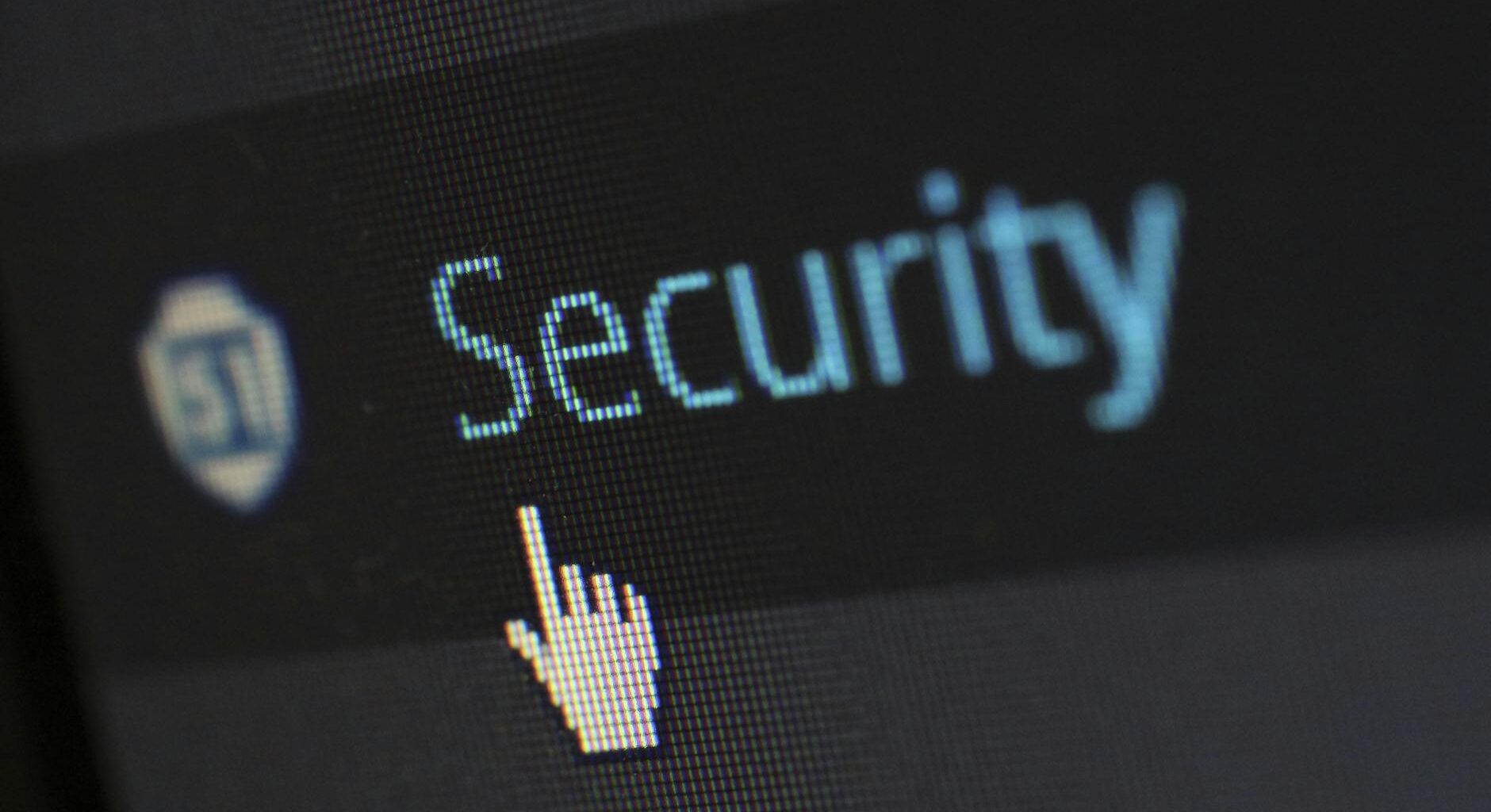
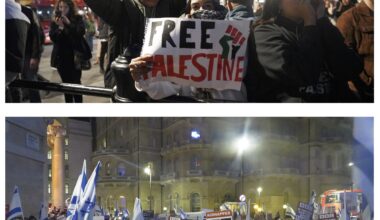
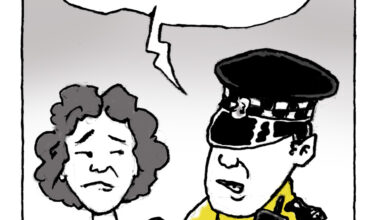
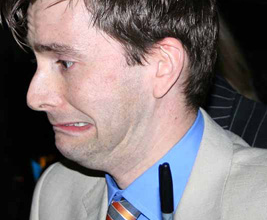
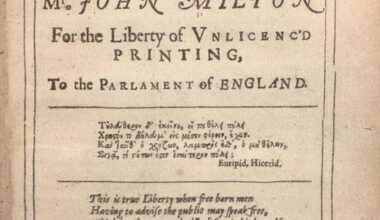
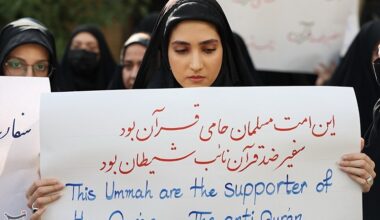
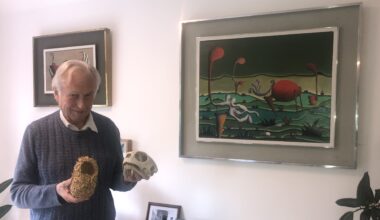
Your email address will not be published. Comments are subject to our Community Guidelines. Required fields are marked *
Donate